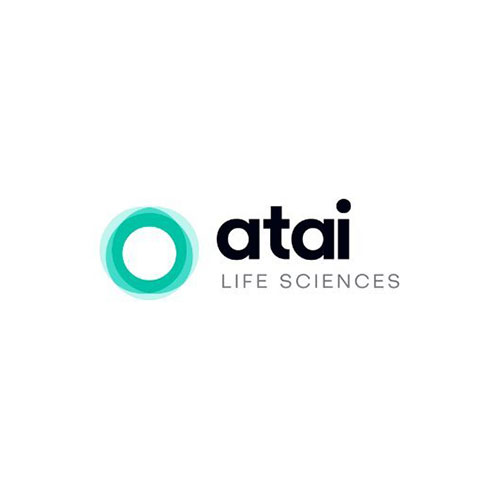
EmpathBio, a unit of atai Life Sciences (NASDAQ:ATAI), received regulatory and ethics approval to begin enrollment of its Phase 1 study of EMP-01, a 3,4-methylenedioxy-methamphetamine (MDMA) derivative for the treatment of post-traumatic stress disorder (PTSD) and other indications.
The Phase 1 randomized, double-blind, placebo-controlled study is designed to evaluate the safety and tolerability of single-ascending doses of EMP-01 in 32 healthy adult participants. It also will assess the usability and acceptability of the IDEA-1 app in delivering “set and setting” content to participants in preparation for their EMP-01 administration.
In addition, the study includes a range of behavioral assessments that, in conjunction with the pharmacokinetics and safety readouts, are expected to aid in the design of and doses tested in future Phase 2 clinical trials of EMP-01. atai anticipates topline results in second half of 2023 for the Phase 1 study.
“The need for new interventions for PTSD is critical, given the current lack of effective treatments for those suffering from this debilitating mental health disorder,” Florian Brand, CEO of atai, said in a statement.
Glenn Short, SVP for early development at atai, said data on MDMA-assisted psychotherapy strongly suggests its potential for the treatment of PTSD.
“However, we are focused on refining MDMA’s entactogenic pharmacology to provide a greater therapeutic index,” he added. “This study is a critical step towards ensuring that entactogen-assisted therapy is available to everyone who is struggling with PTSD.”
In the U.S., an estimated 9.3 million people meet the criteria for a PTSD diagnosis, according to the NIH. At present, the only FDA-approved treatments for PTSD are two selective serotonin reuptake inhibitors, paroxetine and sertraline. Evidence shows that two-thirds of patients either do not respond or have only a partial response to these medications.
MDMA is an amphetamine derivative that possesses complex pharmacology and is believed to act by increasing the release of monoamines like serotonin, norepinephrine, and dopamine in the brain, as well as stimulating neurohormonal activity. Studies show that this activity may result in the anxiolytic, prosocial, and empathic responses commonly associated with the approximately six-hour experience. As a result, MDMA is often classified as an entactogen rather than a typical psychedelic.
EmpathBio is focused on developing MDMA derivatives with different pharmacological profiles than MDMA. These modifications are designed to separate the entactogenic effects of MDMA from some of the known side effects, specifically its stimulant-associated effects.






